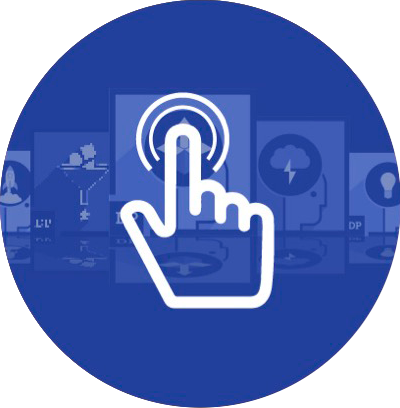About DDOE Micro-credential Programs
There are no fees for Delaware educators to access and complete micro-credentials issued by the Delaware Department of Education. Educators will receive re-licensure hours, stipends, and badges for successful completion of micro-credentials.

How were micro-credentials written and created?
How were micro-credentials written and created?
The Delaware Department of Education creates and pilots micro-credentials through a diverse group of classroom educators, paraprofessionals, administrative staff, and researchers to ensure that each micro-credential is research-backed, rigorous, competency-based, and aligned with state-level goals for teacher and student achievement outcomes.
Micro-credentials addressing early literacy are personalized, job-embedded, learner-driven, competency-based, and on-demand. Educators earn micro-credentials by submitting evidence of implementation that is reviewed by trained evaluators.
The micro-credential pathway, which consists of 29 micro-credentials, is organized into 7 stacks. Upon completion of the 29 micro-credentials, educators will have demonstrated mastery of the competencies necessary to support all students in early literacy instruction aligned to the Science of Reading.
Stack 1: Meeting the Literacy Instructional Needs of Every Learner
Stack 2: Universal Design for Learning
Stack 3: Foundational Skills
Stack 4: Decoding and Word Recognition
Stack 5: Vocabulary
Stack 6: Comprehension
Stack 7: Writing
The World Language micro-credentials are designed in alignment with the Delaware World-Readiness Standards for Learning Languages and the Delaware Core Practices for Proficiency research.
The micro-credential pathway, which consists of 28 micro-credentials, is organized into 5 stacks. Upon completion of the 28 micro-credentials, educators will have demonstrated mastery of the competencies necessary to support all students in learning a world language in a proficiency-oriented learning environment.
